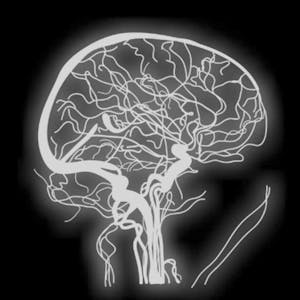Fundamental Neuroscience for Neuroimaging
About this Course
Neuroimaging methods are used with increasing frequency in clinical practice and basic research. Designed for students and professionals, this course will introduce the basic principles of neuroimaging methods as applied to human subjects research and introduce the neuroscience concepts and terminology necessary for a basic understanding of neuroimaging applications. Topics include the history of neuroimaging, an introduction to neuroimaging physics and image formation, as well as an overview of different neuroimaging applications, including functional MRI, diffusion tensor imaging, magnetic resonance spectroscopy, perfusion imaging, and positron emission tomography imaging. Each will be reviewed in the context of their specific methods, source of signal, goals, and limitations. The course will also introduce basic neuroscience concepts necessary to understand the implementation of neuroimaging methods, including structural and functional human neuroanatomy, cognitive domains, and experimental design.Created by: Johns Hopkins University

Related Online Courses
This is a self-paced lab that takes place in the Google Cloud console. In this lab you will use Liquid parameters and templated filters to enhance interactivity by users in Looker.Created by:... more
Relational Database Support for Data Warehouses is the third course in the Data Warehousing for Business Intelligence specialization. In this course, you\'ll use analytical elements of SQL for... more
Where do great business ideas come from? We all have compelling business concepts that we\'ve been thinking about for years. In this course we will explore how to use observational tools and other... more
Gain Skills to understand the fundamentals of Machine Learning. Learn working with various AWS Services necessary for Machine Learning. Hands on Experience working with AWS Management Console.... more
This course is the first of a series that aims to prepare you for a role working as an information technology professional. In this course, you will be introduced to the Linux operating system. You... more








